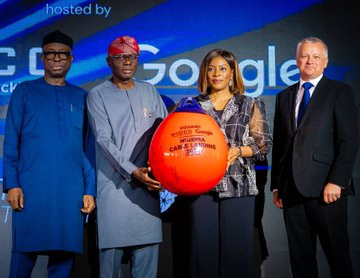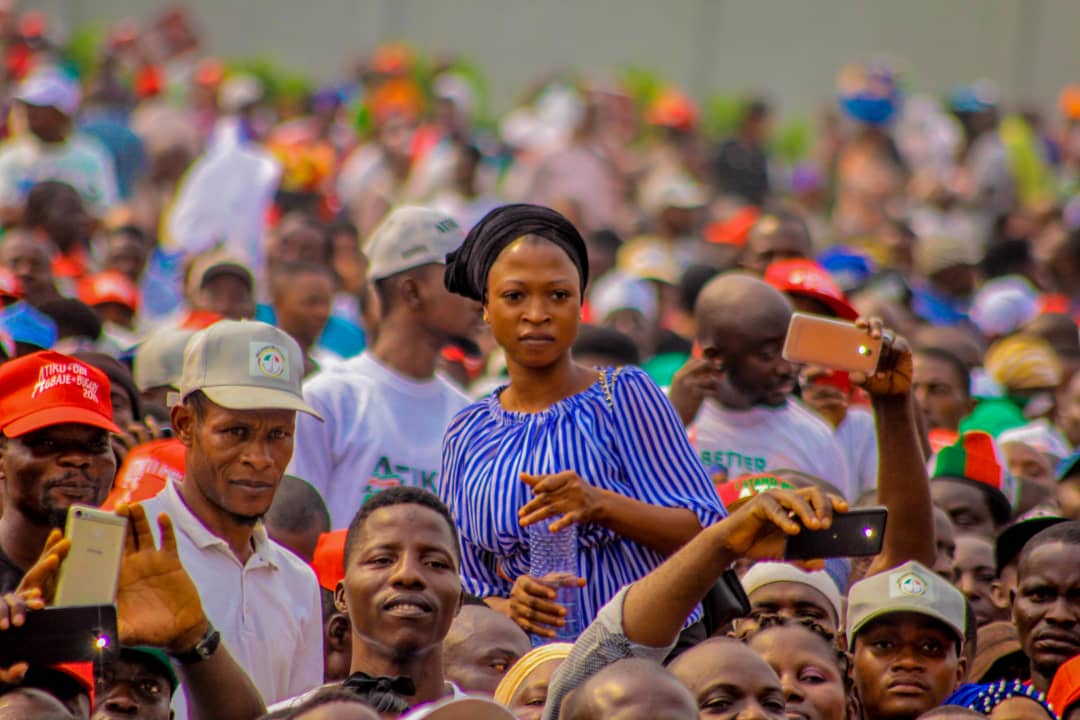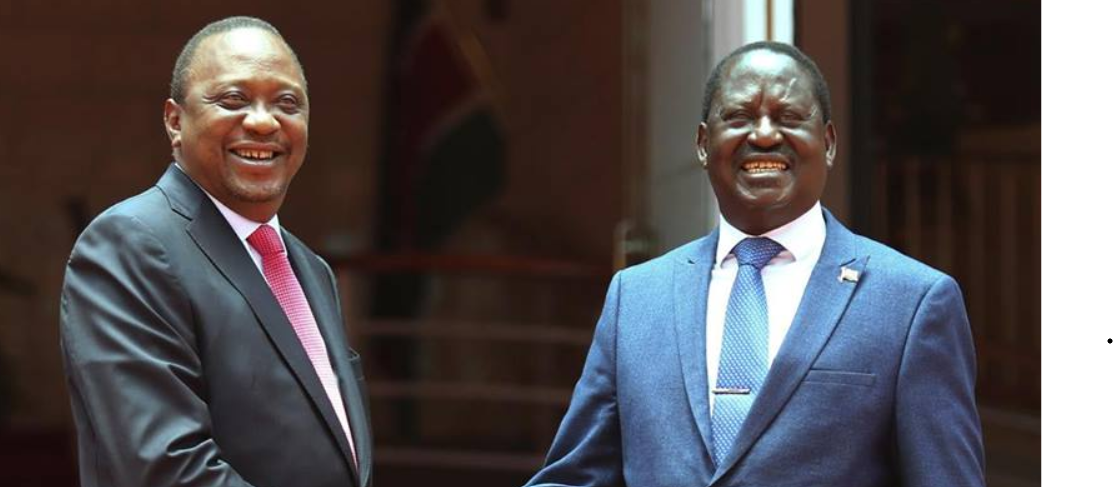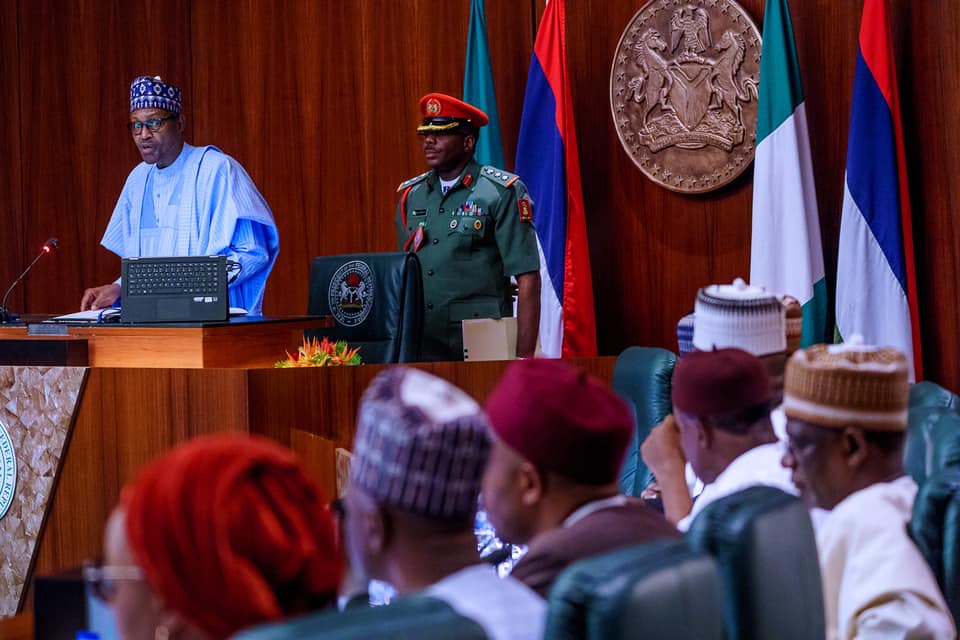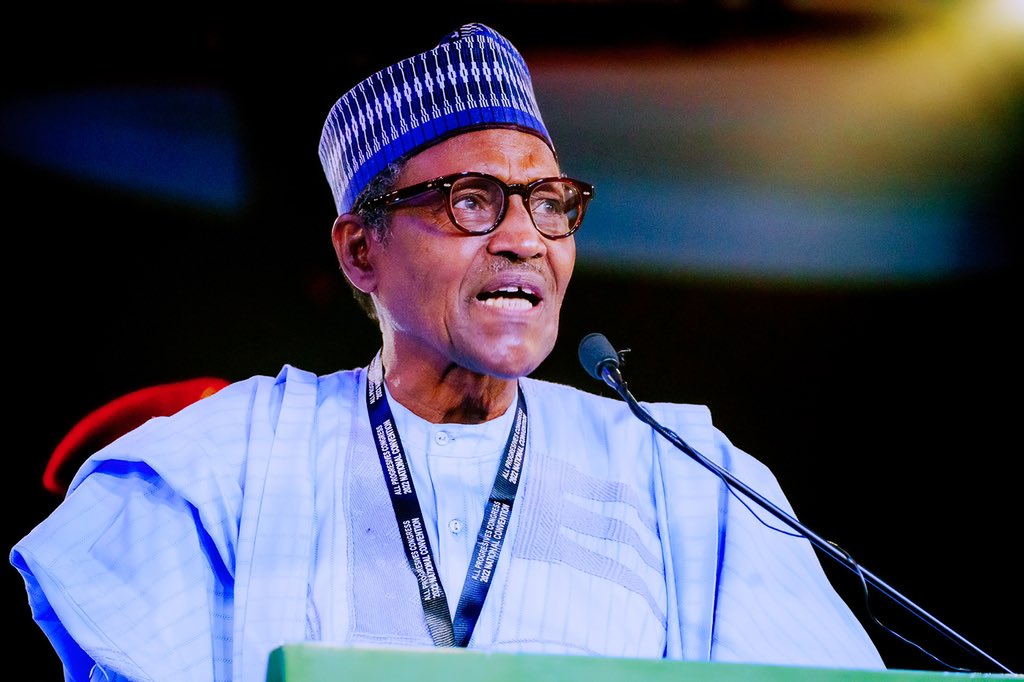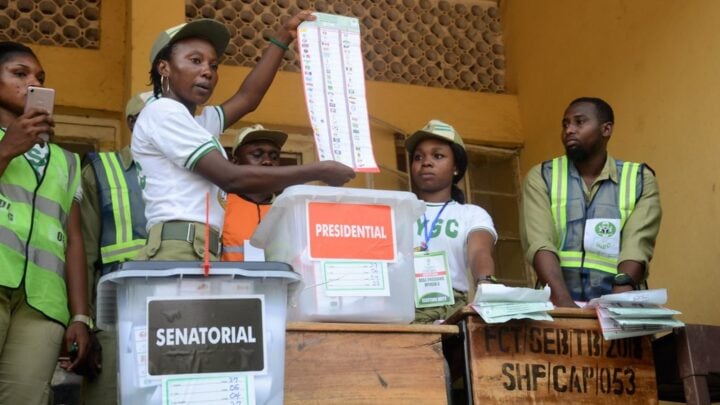There is a point at which an advantage becomes a curse especially if the possessor failed or refused to mine its attractions with the hope and prayer that it will last forever. They fail to observe the speedy evolutionary process of the world, especially in the tech ecosystem, with the fervent prayer that what they hold will become a holy grail.
My mind is on the SAT-3/WASC undersea cable for which NITEL was the subscriber on behalf of Nigeria. The cable connects Nigeria to some countries in Africa – South Africa and the west coast, and Europe. Nigeria’s subscription to the cable was domiciled in NITEL. At the time the cable was a goldmine and NITEL, occupying the position of industry peacock, enjoyed the advantage while it lasted. Thankfully, I am sincerely encouraged that the cable did not join the realm of the dodos but has remained functional and useful.
Instead, what has happened is that the ecosystem is changing fast and the continent is simply enjoying some advantages of undersea cable bombardment, literally, being an emerging realm of humanity that holds significant economic promises which the rest of the world is scrambling to benefit from.
The scramble began from our home front. Some smart investors had looked at the industry to get to the understanding that the undersea cable could be likened to the big elephant which the beholder can define from different perspectives . The shape and size of the market was beyond what NITEL could handle and they decided to play an audacious role. Glo invested in Glo-1 submarine cable from Europe. It was the first time an individual in the person of Mike Adenuga would undertake such an economic daredevil adventure. Almost at the same time, MainOne, boldly and ingeniously marshalled by Judith Opeke, was weaving another magic loom to be the first woman ever in Nigeria to lead an enterprise to undertake such a risky but profitable venture. The MainOne high capacity cable was born. Just by way of explaining the importance and growing relevance of such enterprise, the business was sold to an American company, Equinix for $320m in 2021.
Advertisement
There are other ones, translating into what one can describe as submarine cable boom for Africa, thus increasing capacity and data and internet capabilities. They include: SEAS, SEACOM, TEAMs, EASSy, LION, LION2, Africa-1, PEACE, METISS, DARE-1, METISS, ELLALINK and ACE, among others. The interesting story is that from a seeming disadvantaged position just about two decades ago, the continent is awash with cable penetration. The speed is measured in several terabits per second. There seems to be interest and excitement in the unfolding market and that interest is not waning at all.
However, the conversation around cable penetration in Africa has only heightened with recent developments, exemplified in the landing of the Google cable in Lagos. Creatively named Equiano in order to enjoy some historical recall, the cable launch attracted lots of government and industry attention but equally brought renewed interest on the necessity and economic potential of such a project, and why Google would be the one to put funds into executing the project. The future Equiano holds for the country couldn’t be buried in the high level politics which tried to steal its importance. The lesson however being that a significant tech development has just taken place in the country, more so, when the funding was external at a time Nigeria is in perpetual low.
In announcing the development, Google’s West Africa Director, Juliet Ehimuan-Chiazor, waxed lyrical in a note which was also laced with some analytics,
Advertisement
“Nigeria is sub-Saharan Africa’s largest economy. Still, the share of people using the internet stood at approximately 35% as of 2020 – double what it was in 2012. Across much of the country, people lack affordable, reliable & quality access, which limits their ability to benefit from, and contribute to, the digital economy.”
She acknowledged the digital transformation initiatives of the government since 2017,
which have proven pivotal to the success of many industries in the country, especially the start-up space. In the last five years, start-ups in Nigeria have produced five unicorns (start-ups valued at over a billion dollars). Businesses are also benefiting significantly from the usage of internet platforms, with total e-commerce annual expenditure predicted to climb to $75 billion by 2025, up from its current projection of US $12 billion.
Equiano, she informed, is expected to deliver up to 20 times more capacity than the region’s prior cables.
Advertisement
“A recent economic impact assessment conducted by Africa Practice and Genesis Analytics states that Equiano’s arrival in Nigeria is expected to result in faster internet speeds and significantly improve people’s experiences while online. Internet speeds in Nigeria are expected to grow almost six fold by 2025, and retail internet prices are forecasted to decline by 21% over the same period. The same study found that by 2025, real GDP in Nigeria is forecast to be USD 10.1 billion higher than it otherwise would have been without Equiano and that the cable would indirectly generate roughly 1.6 million new jobs between 2022 and 2025,” she said.
No politician sees a begging opportunity and leaves it unharvested. Pursuing a ready advantage, the Lagos State Governor, Mr Babajide Sanwo-Olu, soaked in the euphoria of an unfolding history.
“There is much to be excited about, at a time like this in the unfolding history of Lagos State and of Nigeria. We are seeing an unprecedented inflow of investments into every part of Lagos, from local and foreign investors who understand the immense business and commercial potential that the State symbolizes. We say it often, that wherever Lagos goes, Nigeria and West Africa follow. With this in mind, as the government of Lagos State, we are more than ever determined to deliver on our promise to make and maintain Lagos as a safe, livable, innovative and prosperous megacity,” he enthused.
If you were in the Governor’s shoes, you would say even more. Lagos is the commercial pride of the nation. Despite some clumsiness in handling some issues, it has endured the vicissitudes of a troubled nation. Lagos is the state playing host to all the cable dramas in the country. But interpreting what is happening there seems to give the indication that the world takes us too seriously as a nation. Here is a country that gives just 3,500 megawatts of electricity to its over 200m population while another country within Africa, just about five hours of flight time from Nigeria, gives about 60,000 megawatts to a population of 50m.
Advertisement
The world takes us too seriously. But they are right because they see what our leaders don’t see. They look at the nation’s contribution to the global human capital index, they look at survival instincts of the tech companies that make up the tech ecosystem in Nigeria, and how well they are doing; other than that they look at the floundering huge population immersed in harsh socio-political climate, which someday, will survive their various governments to pry open the appurtenances of the last big market in the world.
The stats are too strong to fail. The collage of subsea cables in Lagos presents an instructive metaphor of a beautiful but promising future that the nation must approach with deliberate speed and caution. This future is too bright to be betrayed. A communications superstructure is being put in place at a huge cost to the investors. The responsibility of the government is to create the right channels and opportunities for the citizenry to take advantage of such efforts.
Advertisement
Views expressed by contributors are strictly personal and not of TheCable.
Add a comment

